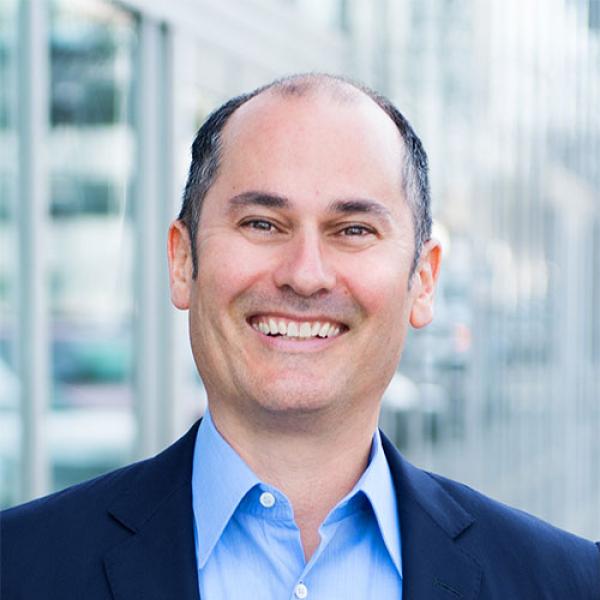
Dr. Alex Zaphiris specializes in integrative medicine, which brings together traditional western medicine with the best of alternative approaches. In addition to her western medical training, Dr. Zaphiris draws on expertise in functional medicine, classical homeopathy, and osteopathic manual medicine. Dr. Zaphiris has been in practice for 10 years and specializes in opiate addiction. She discusses why an integrative functional approach is crucial in treating chronic health conditions, such as opiate addiction.
The Prescription Boom:
Opiates include Vicodin, Oxycontin, Oxycodone, horphine and heroin. According to Dr. Zaphiris, Vicodin has been the number one prescribed drug for the last 8 years with over 140 million prescriptions of Vicodin. That’s a huge number of people given how many prescriptions are out there. In fact, Americans use 99% of the Vicodin in the world. As medicine has evolved, doctors have become more acutely aware of their patient’s pain and they have done so well in fact that an addiction problem has ensued. The latest research is showing 25% of people using opiates develop an addiction.
Dr. Zaphiris points out that most patients start out taking their prescriptions appropriately and then there is 25% that cross over and end up having an addiction problem. As a result it’s important to realize most addiction patients are ashamed of their dependencies on the drugs and may not openly admit it. They require a place of compassion and non-judgment to share about their addiction and seek out help. It’s also important to be aware of certain red flags, like chronic pain patients and monthly prescriptions that are automatically refilled.
Opiate Treatment Options:
Dr. Zaphiris briefly covered the normal opiate treatment options. If the person has an unhealthy relationship with cocaine or prescription pills and they want to work on it, the initial approach medically would be recommending psychotherapy counseling and possibly a 12 step program. If someone needs more intensive work, there’s Intensive Outpatient Program or IOP, which is 3 hours a day, 3 days a week of getting more intensive work. If somebody is really addicted and they can’t cut down on their own, that’s when people go to rehab.
There are 3 FDA approved medications for the treatment of opiate addiction. Methadone has been around 50 years. It makes it very hard to be functional when you have to go to a separate office every day, just to get a dose of medication. About 15 years ago, a drug called Buprenorphine sold under the brand name Suboxone came out. This is a medication that Dr. Zaphiris recommends. She can see people once a month in the office and they get a prescription just like coming in to get any other monthly prescription, so they can be really functional. People can have a normal life, which is a huge opportunity.The other drug is Naltrexone. She tries not to start with Suboxone, but people need to know it’s out there because it’s a great choice for a lot of patients. If you want a natural approach and you feel that this person needs more because they keep relapsing, it’s important to know there’s a drug out there that can be useful. You can go online and find a list of doctors that are certified to prescribe it.
The Neuro- Nutrient Approach:
Dr. Zaphiris then went into detail about the neuro-nutrient approaches that she initially learned from Julia and then built upon. They have worked out really well in her practice. For example, this week she saw a 31 year old computer programmer, high functioning, intermittent methamphetamine use with his girlfriend a couple of times a month. The drug use starts when they drink a little bit more than they should. He works for a good company and he’s been functional, but he’s starting to drink during lunch and getting drunk. He came to Dr. Zaphiris because he knew that she was doing something other than the conventional approach.
Dr. Zaphiris first looks at what they are eating and if they are eating protein 3 times a day. Most of these people aren’t eating breakfast and if they are, it’s a donut or something high in carbohydrates. Proteins break down into amino acids and those recombine to make different neurotransmitters, so it’s important to look at food as medicine first. Then exercise is the best way to boost their endorphins. If someone is using methamphetamines, it leads to their dopamine system being out of whack because it’s over-revved. Really what you see is all of the neurotransmitters take a hit – serotonin, GABA that is natural anti-anxiety, endorphins that are pleasure, and dopamine that is the drug reinforcement pathway.
As a result Dr. Zaphiris put him on something with tyrosine in it and Dopaboost. She also put him on DLPA, Neuro-Mag; that’s magnesium that has a proclivity for absorption in the brain. Next, she used an amino acid questionnaire, which basically is a self-assessment rating of their symptoms in each of the neurotransmitter quadrants. He was scoring 7-10 across the board in all the neurotransmitters. Dr. Zaphiris’s goal was to get him down to 0-2. She saw him a week later and he was down 5 points across the board. She also does a PHQ-9 and G-87, the depression and anxiety scales that are validated medically. He had significant depression and significant anxiety the first time she saw him, so that corroborated everything. Two weeks later, she then added Total Amino Solutions.
Total Amino Solutions has all the amino acids in bio-available form. Endorphins are really hard to make because they require 19 out of 21 essential amino acids. The DLPA decreases the breakdown of endorphins by inhibiting endorphinase, so it keeps more endorphins around but it doesn’t help you make more. The average length of time in a program depends on how many other changes they’re going to make – food, exercise, meditation. The goal is to have lifestyle changes as the foundation so the patient doesn’t need amino acids anymore.

